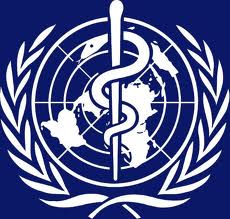 The World Health Organization announced on Wednesday that a sexually transmitted disease that affects millions each year is becoming more and more resistant to drugs and may become untreatable in the near future.
The World Health Organization announced on Wednesday that a sexually transmitted disease that affects millions each year is becoming more and more resistant to drugs and may become untreatable in the near future.
The WHO is urging world governments and medical experts to increase their surveillance of gonorrhea, which is quickly becoming resistant to antibiotics. Gonorrhea is a bacterial infection that causes infertility, inflammation, complications with pregnancy and in real extreme instances maternal death. Babies who are born to mothers who are infected with gonorrhea have a 50% chance of getting eye infections that could lead to blindness.
The organism has started to successfully develop a resistance against most medications used to treat it including a group called cephalosporins, which is considered the last line of antibiotic to use as a treatment. In just a few years, the disease will become completely resistant to all options that are now available. The new WHO guidance was aimed at ending the complacency about the sexually transmitted disease and encourage medical researchers to increase their efforts to find a new drug to fight the disease.
Gonorrhea was once considered the scourge of soldiers and sailors and is known colloquially as clap. It became easy to treat when penicillin was discovered but has returned to become the second most common STD behind Chlamydia.
Scientists believe that misuse or overuse of antibiotics, and the astonishing ability of gonorrhea’s bacteria to adapt, means the disease is close to being labeled a super bug. If bacteria can survive treatments of antibiotics due to mutations, that makes it resistant, then it has the ability to spread quickly.
